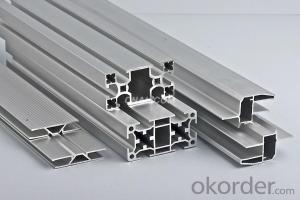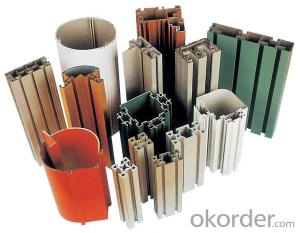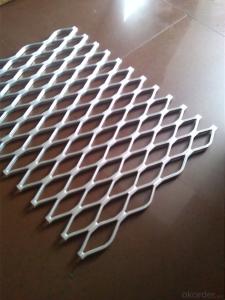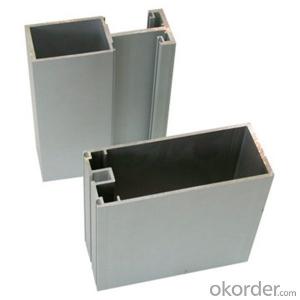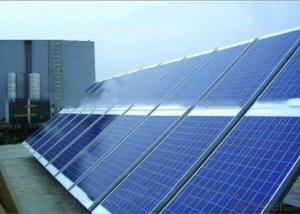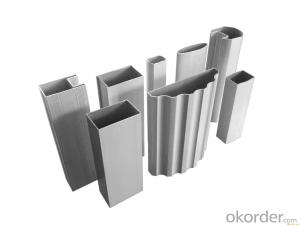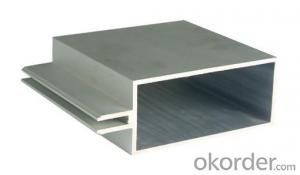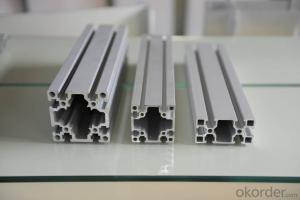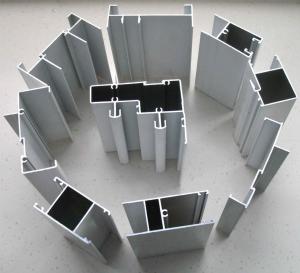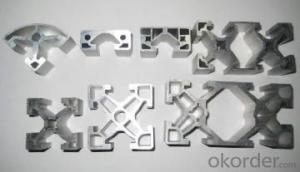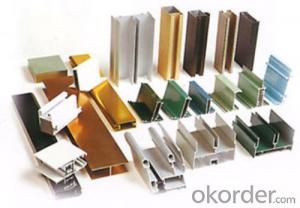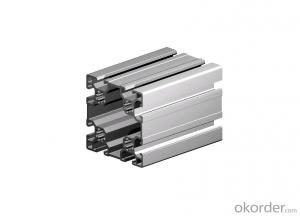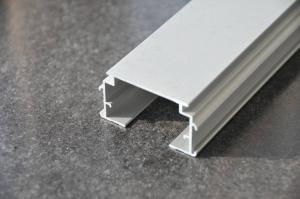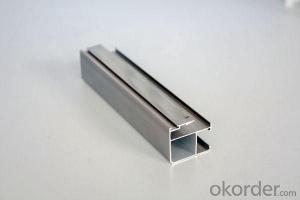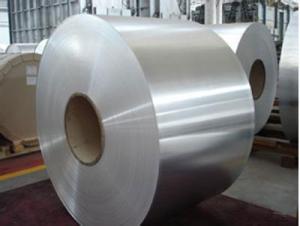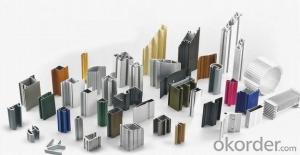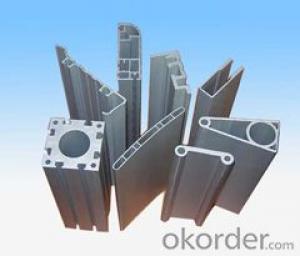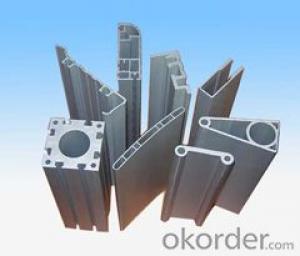All Categories
- - Steel Wire Rod
- - Steel Coils
- - Steel Profiles
- - Steel Pipes
- - Stainless Steel
- - Tinplate
- - Special Steel
- - Steel Sheets
- - Steel Rebars
- - Steel Strips
- - Hot Rolled Steel
- - Cold Rolled Steel
- - Pre-painted Steel
- - Seamless Steel Pipe
- - Welded Steel Pipe
- - Hollow Steel Tubes
- - Galvanized Pipe
- - Stainless Steel Coil
- - Stainless Steel Sheet
- - Stainless Steel Plate
- - Stainless Steel Strips
- - Electrolytic Tinplate Coil
- - Electrolytic Tinplate Sheet
- - Stainless Steel Rebars
- - Solar Panels
- - Solar Water Heater
- - Solar Related Products
- - Solar Inverter
- - Solar Cells
- - Solar Light
- - Solar Energy Systems
- - Solar Controllers
- - Solar Mounting System
- - Solar Pump
- - Solar Chargers
- - Fiberglass Chopped Strand
- - Fiberglass Mesh Cloth
- - Composite Pipes
- - FRP Pultrusion Profiles
- - Fiberglass Mat Tissue
- - Fiberglass Fabrics
- - Fiberglass Mesh
- - Composite Tank
- - Fiberglass Mesh tape
- - Polymer
- - FRP Roofing Panel
- - Fiberglass Roving
- - Monolithic Refractories
- - Ceramic Fiber Products
- - Refractory Bricks
- - Raw Materials For Refractory
- - Suspended Platform
- - Cranes
- - Concrete Machinery
- - Earthmoving Machinery
- - Building Hoist
- - Road Building Machinery
- - Plastic Pipe Fittings
- - Plastic Tubes
- - Plastic Sheets
- - Agricultural Plastic Products
- - Plastic Nets
 All Categories
All Categories
Q & A
What is the role of aluminum profiles in the development of sustainable and energy-efficient educational institutions and campuses?
Aluminum profiles play a crucial role in the development of sustainable and energy-efficient educational institutions and campuses. These profiles are used in various applications such as windows, doors, and curtain walls, offering numerous benefits. Firstly, aluminum is a lightweight and durable material, making it ideal for constructing energy-efficient structures. It allows for large glass panels, maximizing natural light while minimizing the need for artificial lighting, thus reducing energy consumption. Additionally, aluminum is highly recyclable, contributing to the sustainability of buildings. The use of aluminum profiles also allows for the integration of energy-saving features like thermal breaks, enhancing insulation and reducing heat transfer. Overall, aluminum profiles enable the construction of sustainable and energy-efficient educational institutions, promoting environmental stewardship and reducing operational costs.
How do you select the appropriate aluminum alloy for specific profile applications?
When selecting the appropriate aluminum alloy for specific profile applications, several factors need to be considered. These factors include the required strength, corrosion resistance, formability, and weldability of the alloy. Additionally, the application's environment, such as temperature and exposure to chemicals, also plays a crucial role in determining the suitable alloy. Consulting with materials engineers or utilizing industry standards and guidelines can help in making an informed decision regarding the best aluminum alloy for a specific profile application.
How do you determine the environmental impact of aluminum profiles?
To determine the environmental impact of aluminum profiles, several factors need to be considered. First, the extraction of raw materials and the energy required for mining and refining aluminum have a significant impact. Next, the manufacturing process, including casting, extrusion, and finishing, also contributes to environmental consequences. Additionally, transportation and logistics throughout the supply chain must be assessed. Lastly, the end-of-life stage, considering recycling and disposal methods, plays a crucial role in evaluating the overall environmental impact. By analyzing these stages and their associated energy consumption, emissions, waste generation, and potential for recycling, we can determine the environmental impact of aluminum profiles.
Wholesale Aluminum Profiles from supplier in Niger
We are a Aluminum Profiles supplier serving the Niger, mainly engaged in the sale, quotation, and technical support services of various Aluminum Profiles products in the Niger region. We are a subsidiary platform of the Fortune Global 500 company CNBM, able to provide you with one-stop Aluminum Profiles procurement services in the Niger. Not only do we have a wide range of Aluminum Profiles products, but after years of market development in the Niger, we can also provide valuable experience for your projects.
